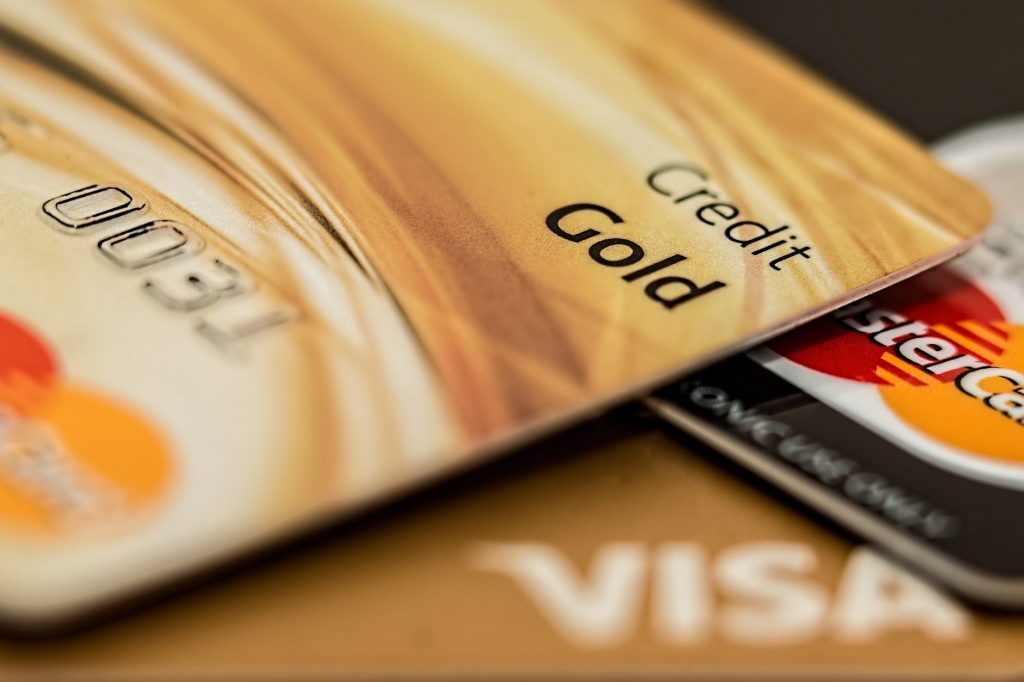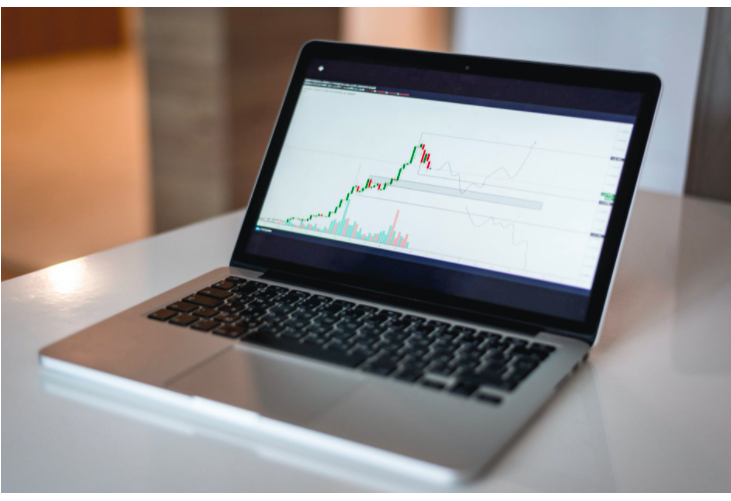Credit Card

A credit card is a payment card issued by a bank or similar authority that enables the cardholder to pay for goods and services based on accrued debt. They are one of the most widely used transfer methods and can be used for everything from paying your travel agent to, as this review will explain, funding your stock, forex or crypto trading account. Read on for a guide to trading with credit card deposits and withdrawals.
Top credit card brokers in 2025 include AvaTrade, Plus500 and Pepperstone.
How Credit Card Payments Work
The term “credit card” can be traced back to Edward Bellamy’s 1887 utopian novel: Looking Backward. The payment cards as we know them today have been around since the latter half of the 20th century. In 2018, it was estimated there were 1.12 billion credit cards in circulation in the US alone and 72% of adults had at least one card.
Cards are issued by banks or credit unions and give cardholders a line of credit from which they can borrow money on which interest is paid. Cards usually involve a third party that pays the seller and is reimbursed by the buyer.

Most online brokers also accept credit cards as a method for deposits and withdrawals. However, there are some exceptions. For example, Tiger Brokers and Interactive Brokers (IBKR) do not allow the deposit of funds using credit or debit cards. Interestingly, some trading platforms and crypto exchanges, such as BlockFi, also provide their own cards. These cards typically offer rebates or rewards for each purchase or trade made.
If you fund your trading account with a credit card, it is usually low-cost though fees will vary between brokers. Withdrawals, in particular, often come with charges. If you are planning to use your card for trading, first do a comparison of fees charged by different brokers so you get the best deal.
It is also important to keep on top of whatever payment plan your bank has made for you. If you fall behind on payments you may be visited by collection agents or be called to court.
Transaction Times
Credit card deposits are usually processed instantly. All transactions take place within a secure online environment. Individual brokers may have processing methods that take a bit longer but you won’t usually have to wait longer than an hour or two. Payments may take a few days to show up on your bank statement.
Due to additional security checks, withdrawal times may be slightly longer than other payment methods. These times vary between brokers but are usually processed within one to five working days.
If you are worried about the speed of payments, try and find credit card brokers near you or at least in your jurisdiction. International transactions go through extra checks and can sometimes be delayed.
Pricing Review
Using a credit card to deposit with your broker is often free, but fees vary between brokers. When withdrawing, it is more common to be charged. This charge can come as a percentage rate of your withdrawal or as a flat fee. The system that suits you best will depend on how often you plan to withdraw and how much you intend to withdraw each time. Credit cards may also be subject to funding limits, so be sure to check with your broker before spending any money.
The main cost credit card users will incur is the annual rate charged for borrowing money. This is known as APR and can vary massively between providers. An average high street bank will have charges between 14% and 25% APR.
Security
Cards have been used for decades and follow stringent trading standards and security procedures making them a secure choice for retail investing. When looking for the best rates, go for a reputable provider that is regulated by appropriate authorities in whatever jurisdiction you reside in. This will also help if you need to reach out for support. The credit card support division will usually operate during normal trading hours so keep the time difference in mind if you are abroad.
Pros of Credit Cards for Traders
Reasons to start trading with credit cards include:
- Brokers offer instant deposits
- Low minimum payments available
- Platforms typically offer low or zero fees for deposits
- Secure money transfer with refunds and payment protections
- Widely accepted as a method of deposit and withdrawal
Cons of Credit Cards for Traders
Downsides to trading with credit cards include:
- Card eligibility not available to all
- Not all brokers and platforms offer the best rewards
- Brokers often charge fees for credit card withdrawals
- Companies collect information about each transaction you make. If you are interested in crypto and concerned about privacy, peer-to-peer exchanges do not collect information about buyers and sellers. Fortunately, P2P trading is available with crypto brokers like Binance.

How to Make Credit Card Deposits & Withdrawals
If you are unsure how to get started trading with a credit card, we have prepared a short guide. Processes will vary between brokers but this tutorial should help you navigate deposits and withdrawals with popular platforms:
- Sign in to your trading account. If you do not have a brokerage account, you will need to register and go through a verification process before you can deposit.
- Make a deposit and choose a credit card as your method. Most major providers, like Virgin and ABSA, will use the Visa or Mastercard networks which are widely accepted by brokers. American Express and Discover cards are less frequently supported.
- Make an investment. You can use credit cards to trade forex, stocks, commodities, cryptocurrencies and more.
- If you want to cash out, make a withdrawal through your trading platform. For security reasons brokers usually only allow withdrawals via the same method as the deposit. So, if you have deposited using a credit card, you will need to withdraw to the same card.
Verdict
There are many providers out there, so choosing the best solution for trading can seem like a daunting task. The good news is that credit cards are one of the most widely accepted payments methods at online brokers and often incur low fees. You can also have more than one credit card linked to your brokerage account, just be sure to keep on top of repayments.
FAQ
Can I Use A Credit Card For Trading?
Yes, many brokers like Pepperstone, Plus500 and AvaTrade accept credit cards as a method for deposits and withdrawals.
Is A Credit Card A Trading Instrument?
As well as being a method to fund your trading activities, you can also invest in certain credit card companies such as American Express. Note, investments may lead to losses. Fortunately, you can find charts and analyses for credit card stocks on sites like TradingView.
What Are The Best Credit Card Brokers?
The credit card broker that is best suited to your needs will depend on your trading strategy and jurisdiction. Whether you are in Hyderabad, UAE, the Philippines, Singapore or Malaysia, you will need to compare regulated providers in your area and find the best rates.
What Fees Are Charged When Trading With A Credit Card?
Fees vary between brokers but deposit costs are generally next to nothing. You may be charged for withdrawing via credit card and this fee can come as a percentage rate or a flat fee.
How Long Do Credit Card Deposits & Withdrawals Take With Brokers?
If your broker accepts major credit cards, deposits will often be processed instantly. Withdrawals are subject to more checks and so may take longer. Fortunately, the withdrawal time is never usually longer than five days.
